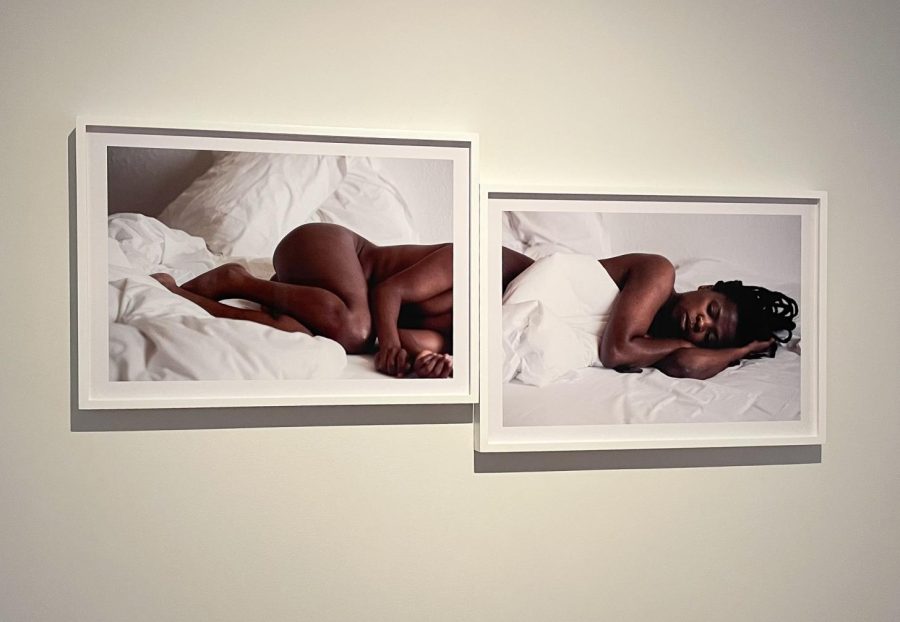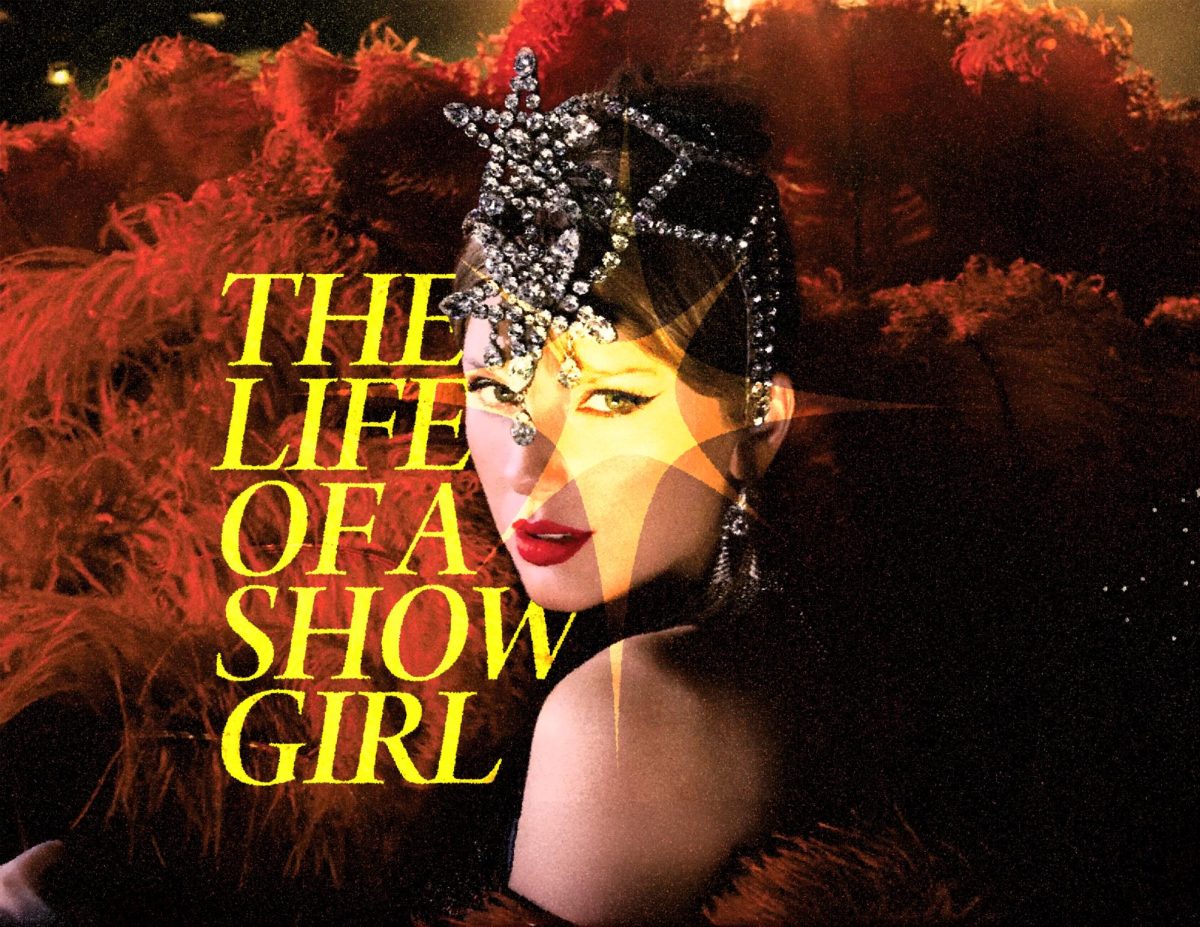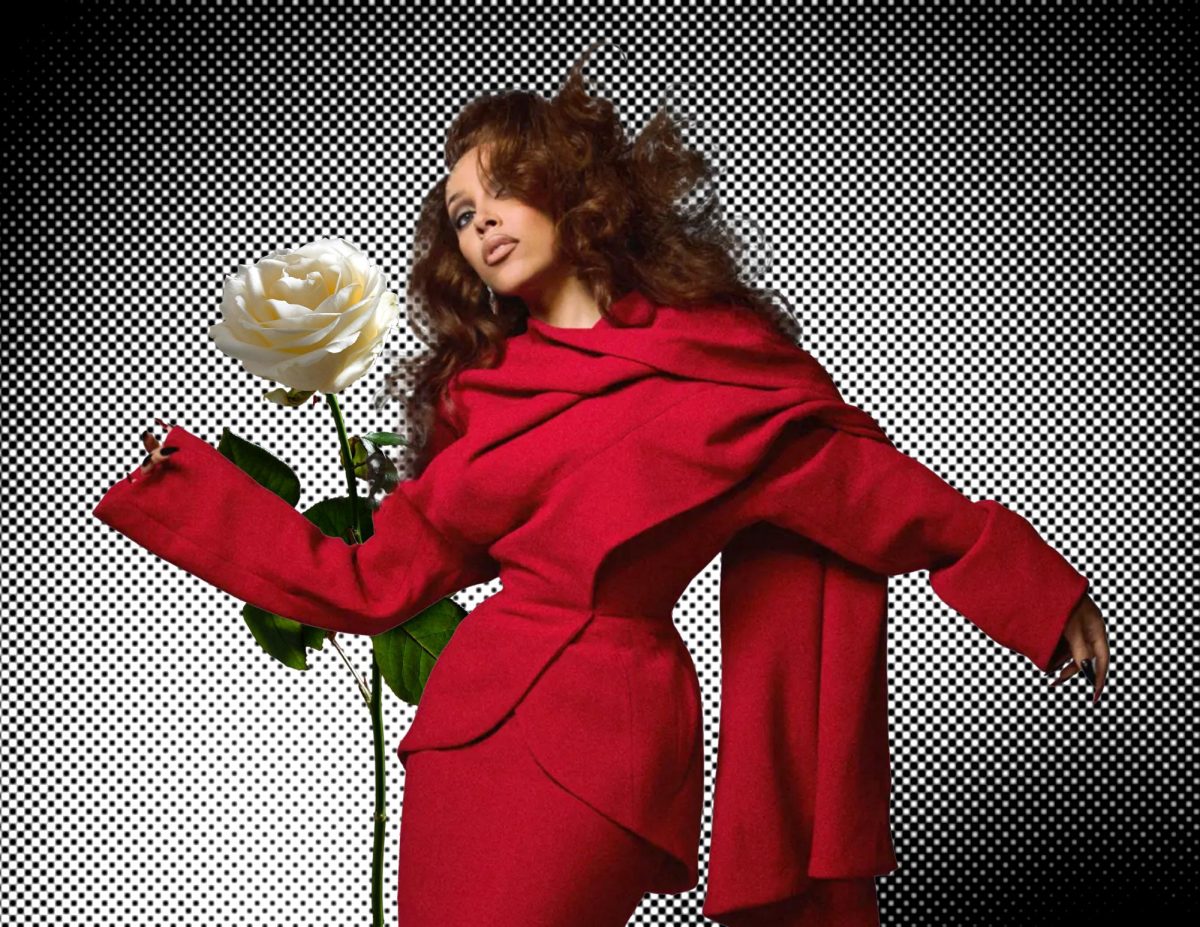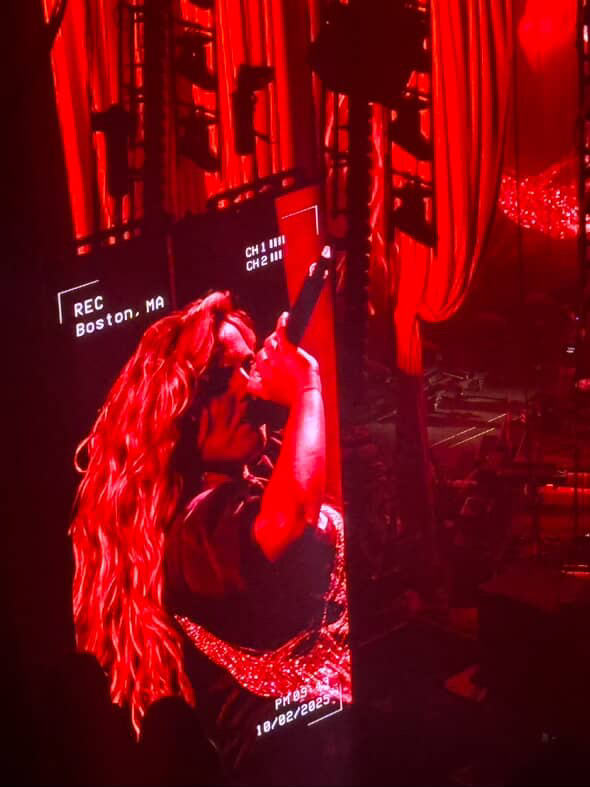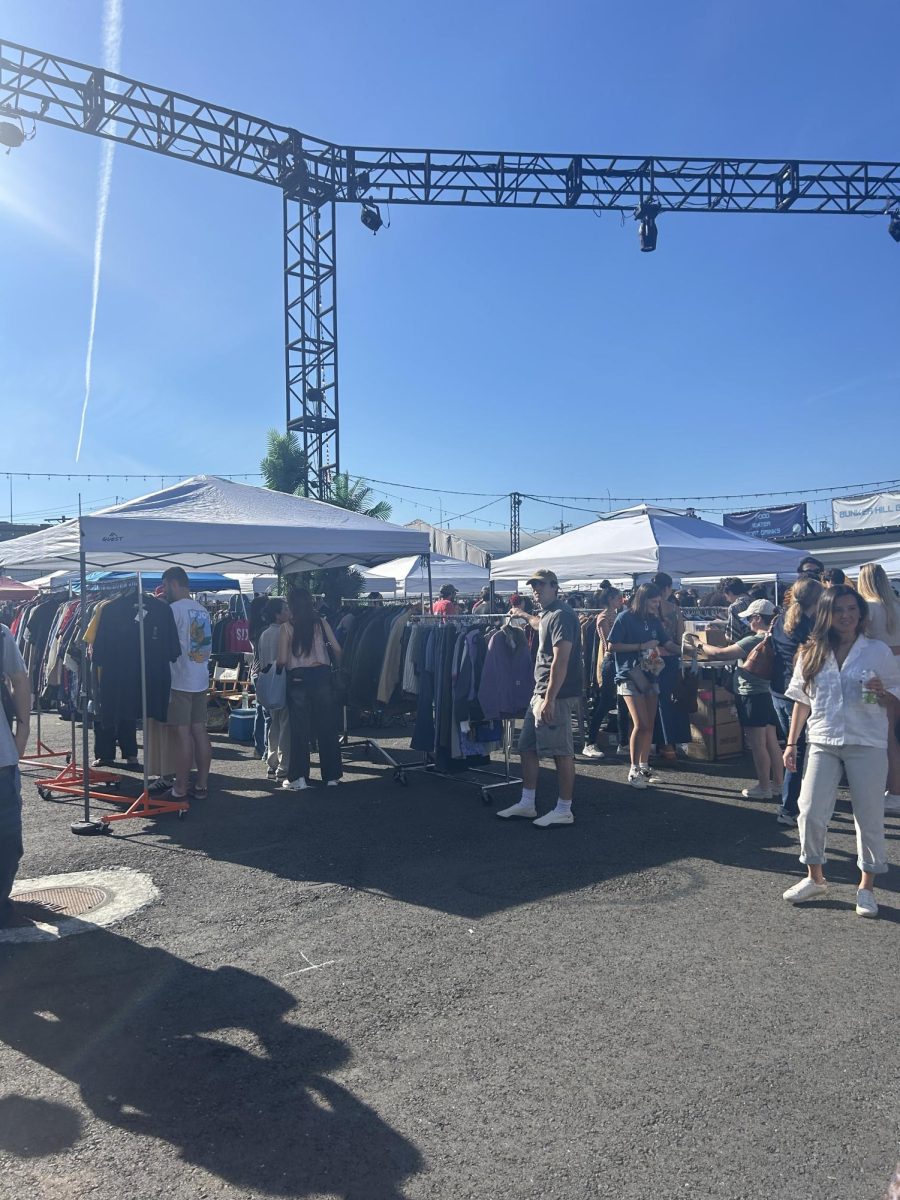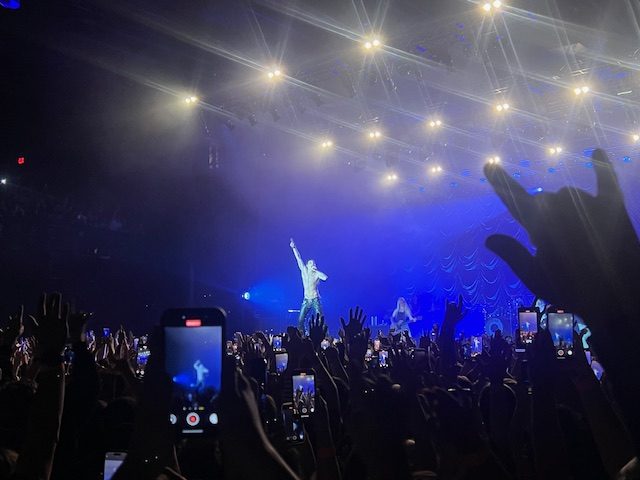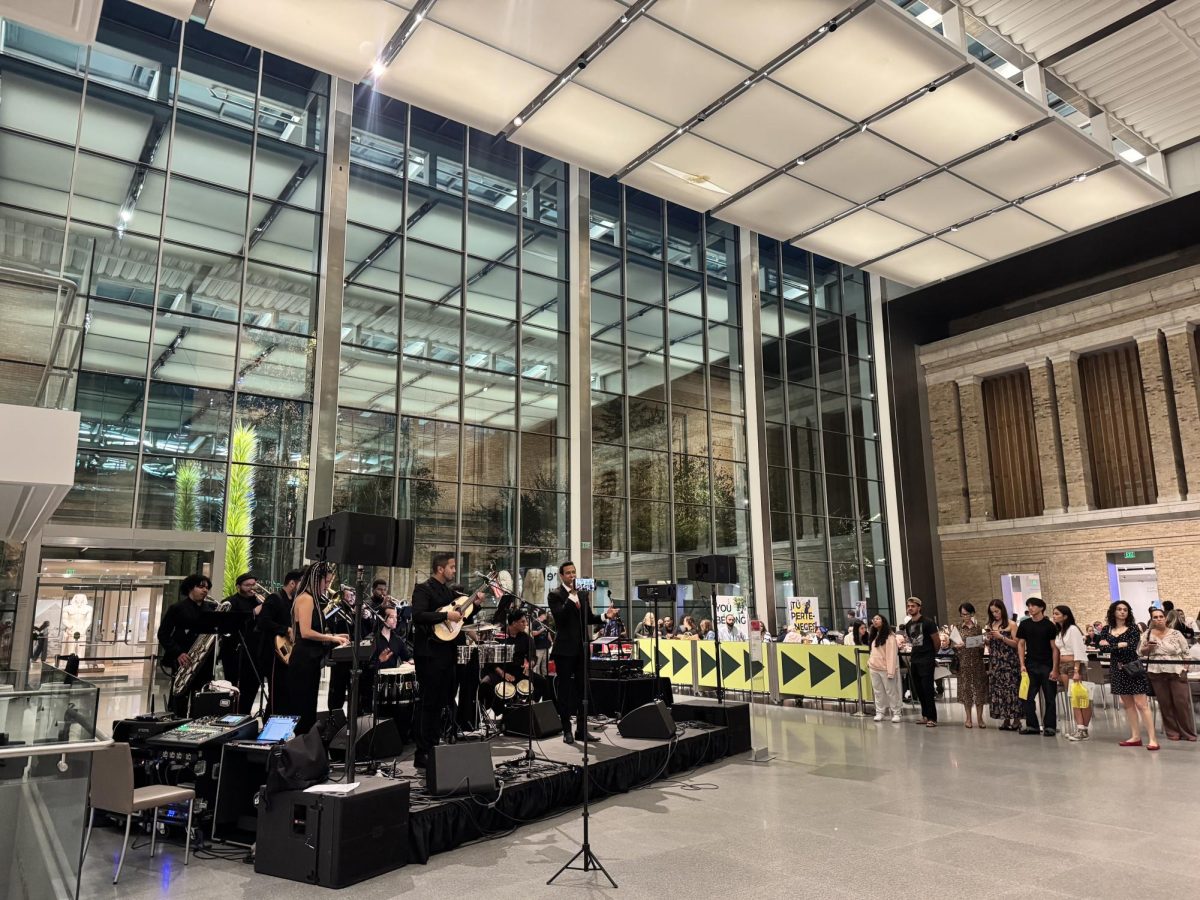On Feb. 10, the Isabella Stewart Gardner Museum opened “Being Muholi: Portraits as Resistance,” a striking modern exhibit that showcases multimedia works from Sir Zanele Muholi, a Black and Queer artist and visual activist.
Muholi uses they/them/theirs pronouns, both to challenge traditional gendered pronouns of “he” and “she,” as well as to show their oneness with the ancestral and living communities they belong to, such as the Zulu people of their home country, South Africa.
Muholi uses their photography to capture the lives of Queer individuals in South Africa. Although South Africa’s constitution guarantees race equality and protection on the basis of sexual orientation, Queer and Black citizens continue to routinely face discrimination. Their portraits challenge this by highlighting the joy and strength of Queer South Africans.
Muholi’s color photographs are located off the first floor of the palace.
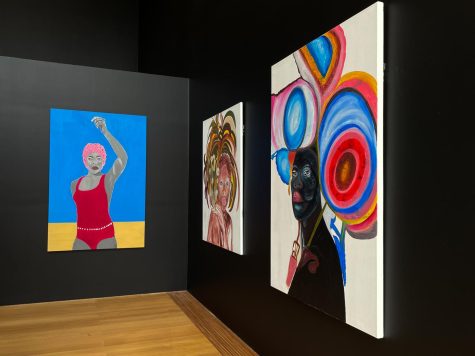
The bulk of the exhibit is on the second floor on the New Wing, featuring Muholi’s black and white photography and vibrant paintings. Their high-contrast self-portraits use unique objects as representations of global inequalities, like a mane of luggage wrap to symbolize discrimination faced by people of color while traveling, and latex gloves to represent domestic servitude.
Several of the self-portraits on display were taken during Muholi’s residency at the Gardner in 2019.
While at home due to COVID-19 travel restrictions, Muholi spent time working with a new medium: paint.
Muholi’s paintings follow the themes of their portfolio, but in an incredibly different way. Their painted portraits include dynamic shapes and textures in a technicolor palette. Representing a multiplicity of identities spanning life experience and gender expression, these portraits challenge standards of beauty and patriarchal practices.
All of Muholi’s work is compelling in its beauty and message, encouraging viewers to think about their biases and lived experience in a new way. As the political climate shifts and new issues arise, their artistry will continue to progress along with it.
“The political agenda behind my work is not yet fulfilled. Whether I’m working in photography or in painting, history and politics are present, so I have to continue to redirect, resist and interrogate the act of looking,” read a quote from Muholi on the wall of the gallery.
At the back of the gallery, there is a visitor-interactive board for people to answer the question: what does it mean to simply BE? Answers can be written on a whiteboard.
One visitor wrote, “To Love + Be Loved / To Live Authentically / To Enjoy Each Day As It Comes.”
“Coming empty-handed, going empty-handed – that is human,” wrote another.
“Being Muholi: Portraits as Resistance” is open at the Gardner until May 8. Entry comes with general admission.
Follow Leo on Twitter @leowoods108.


